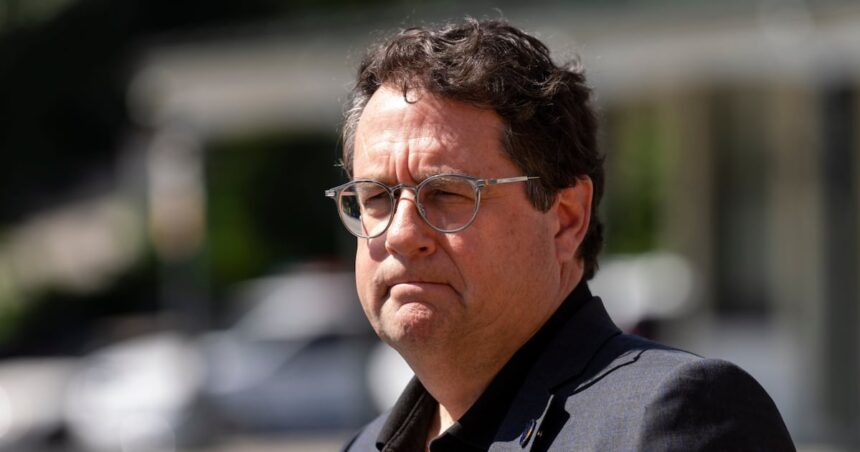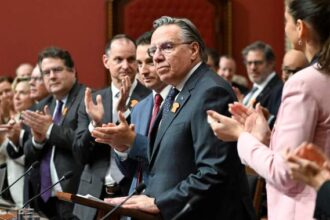In a significant shift from previous fiscal approaches, Quebec Education Minister Bernard Drainville declared Wednesday that the province’s newly announced $540 million education investment comes with strict accountability measures, emphasizing that “the days of blank cheques are over.” This declaration marks a pivotal moment in Quebec’s educational funding strategy as the province grapples with balancing increased financial support and responsible spending oversight.
The substantial funding package, unveiled as part of Quebec’s broader education reform efforts, aims to address critical deficiencies across the province’s school service centers. However, Drainville made it abundantly clear during his press conference in Quebec City that this investment carries explicit performance expectations.
“We’re providing significant resources, but we expect tangible results,” Drainville stated firmly. “Each dollar must demonstrably improve educational outcomes for Quebec’s students.”
This policy shift comes amid growing public scrutiny of educational spending efficiency, particularly as Quebec’s education system faces mounting challenges including teacher shortages, aging infrastructure, and uneven academic performance across regions. The Ministry has established specific metrics to evaluate how effectively the funds are utilized, including improvements in graduation rates, reading proficiency, and mathematics competency.
School service centers will now be required to submit detailed spending plans before accessing the allocated funds, a departure from previous models that provided greater autonomy in resource allocation. According to ministry officials, approximately $340 million will target academic improvement initiatives, while the remaining $200 million is earmarked for infrastructure upgrades and technological modernization.
The announcement has drawn mixed reactions from education stakeholders. The Federation of Quebec School Service Centers cautiously welcomed the funding increase while expressing concerns about the new accountability framework.
“While we appreciate the government’s commitment to education, we worry that excessive reporting requirements might create administrative burdens that divert resources from classrooms,” said Catherine Harel-Bourdon, president of the federation.
Teachers’ unions have similarly expressed ambivalence. “Additional funding is desperately needed, but we must ensure that teachers maintain pedagogical autonomy rather than becoming burdened with performance metrics that don’t capture the full complexity of education,” noted Josée Scalabrini from the Federation of Teaching Unions.
The policy represents part of a broader national trend toward performance-based educational funding. Similar approaches have yielded mixed results in other Canadian provinces, with Ontario’s experience suggesting that such models can drive improvement in measurable outcomes but sometimes at the expense of less quantifiable educational goals.
Financial analysts at the Montreal Economic Institute point out that Quebec’s education spending has increased by approximately 27% over the past five years, yet certain performance indicators have remained stagnant or declined. “The question isn’t merely about how much money is spent, but rather how effectively it’s deployed,” explained economist François Delorme.
Parents’ groups have generally responded positively to the announcement, particularly welcoming provisions that guarantee a portion of the funding will directly support special education services and mental health resources—areas that have seen growing demand following the pandemic’s disruptions to learning environments.
As Quebec’s educational landscape continues to evolve under these new funding parameters, the crucial question remains: can a performance-based funding model successfully balance accountability with the flexibility schools need to address their unique challenges? The answer will likely emerge in the coming academic years as this significant policy shift takes root across the province’s diverse educational institutions.










